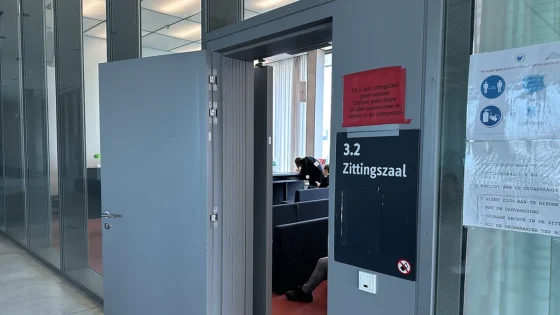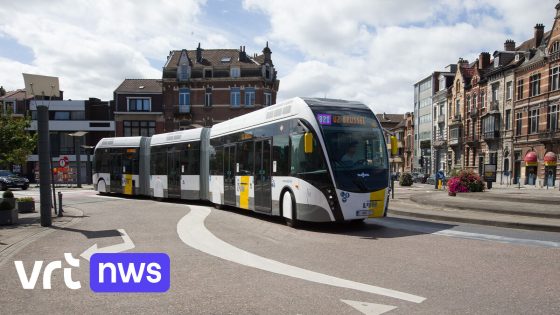On 2025-04-29 14:33:00, Politierechter Miguel Ureel postponed all cases scheduled at the Gentse politierechtbank until April 28, 2026, affecting speed violations, traffic accidents, and DUI offenses. This bold move highlights critical issues in Belgium‘s justice system. What does this mean for Belgian citizens and the future of judicial proceedings? Let’s explore the implications. Fast Answer below.
- Politierechter Ureel postpones cases until 2026
- Justice system criticized for poor infrastructure
- Asbestos and mold issues in court buildings
- Unenforced sentences frustrate victims and families
- Case delays risk reduced or dismissed penalties
- Brussels prosecutor focuses on government corruption
Why did Politierechter Miguel Ureel postpone all cases in Gent until 2026?
Politierechter Miguel Ureel’s decision to delay all cases until 2026 stems from his frustration with Belgium’s justice infrastructure. He criticized poor working conditions, slow staff replacements, and pension reforms affecting court efficiency. The judge’s protest also highlights that many sentences are not enforced, undermining victims’ trust. This postponement raises concerns about justice delays and potential penalties for defendants.
- Unsafe and inadequate courthouse conditions, such as asbestos and mold
- Slow hiring processes leading to understaffed courts
- Non-enforcement of court sentences
- Potential legal consequences like reduced sentences due to delays
Will Belgium’s justice system respond to this stark warning? The coming months will be crucial to see if authorities address these pressing issues. Citizens should stay informed and advocate for timely, fair judicial processes to uphold trust and safety.






























